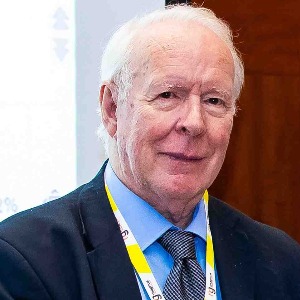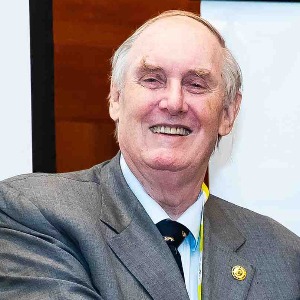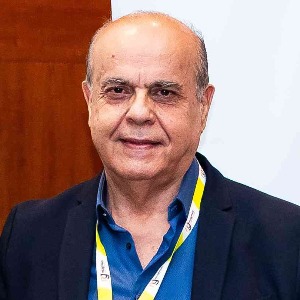Facial Trauma Surgery
Facial trauma surgery is a sub-specialty of dental surgery focused on reconstructing facial bones, soft tissues, and teeth to improve the facial appearance of those who have experienced trauma or severe injury. This type of surgery is a complex and delicate procedure that requires a full understanding of the anatomy of the human face as well as excellent knowledge of surgical procedures. Facial trauma surgery relies heavily on the ability of the surgeon to accurately diagnose the condition and apply the appropriate treatment. The diagnosis is usually based on a thorough clinical examination as well as imaging such as X-rays and CT scans in order to accurately assess the degree of damage. Once the diagnosis is established, the surgeon should decide on the best treatment option based on the individual case. This may include the reconstruction of the facial bones, soft tissues, and teeth, or the repair of facial lacerations and the closure of any associated wounds. The most common types of facial trauma surgery are impact trauma, caused by blows to the face, facial bone fractures, lacerations and tissue damage, and dental injuries. Impact trauma can result in bruising of the skin, bone fractures, and soft tissue contusions. To successfully reconstruct the face, the surgeon must realign the broken bones and restore the normal facial anatomy. In cases of facial lacerations, the surgeon must align the edges of the skin precisely to ensure optimal healing. Dental injuries such as those resulting from tooth loss or displacement require the reconstruction of the affected teeth, which may involve the use of implants, prosthetics, and crowns. Facial trauma surgery is a complex procedure and should only be performed by an experienced and qualified specialist. Specific post-operative instructions must be followed to ensure all wounds heal properly and the desired outcome is achieved. As the healing process can take some time, patients should expect to be followed up for several months or even up to a few years in severe cases.

David Geoffrey Gillam
Queen Mary University of London, United Kingdom
Christopher Turner
Spacemark Dental, United Kingdom




Title : Evaluating hygienist follow up for head and neck oncology patients in secondary care: Results from a two cycle audit
Peter Basta, Newcastle Dental Hospital, United Kingdom
Title : Atypical facial pain unravelled
Christopher Turner, Spacemark Dental, United Kingdom
Title : New treatment of temporomandibular disorder through muscle balance and muscle regeneration by activation of quiescent muscle stem cells( satellite cells) with mitochondrial dynamics
Ki Ji Lee, National Reserach Foundation & Busan Medical University, Korea, Republic of
Title : MRONJ and ORN: Referral or management in primary care? Navigating guidelines in the context of long waiting lists
Alisha Sagar, NHS England, United Kingdom
Title : Managing the unexpected: An Insight into supernumerary teeth
Bahar Gharooni Dowrani, Guy's and St Thomas' NHS Foundation Trust, United Kingdom
Title : Laxative prescribing for post operative head and neck cancer patients at Derriford Hospital
Pui Sze Kylie Li, Cardiff and Vale University Health Board, United Kingdom